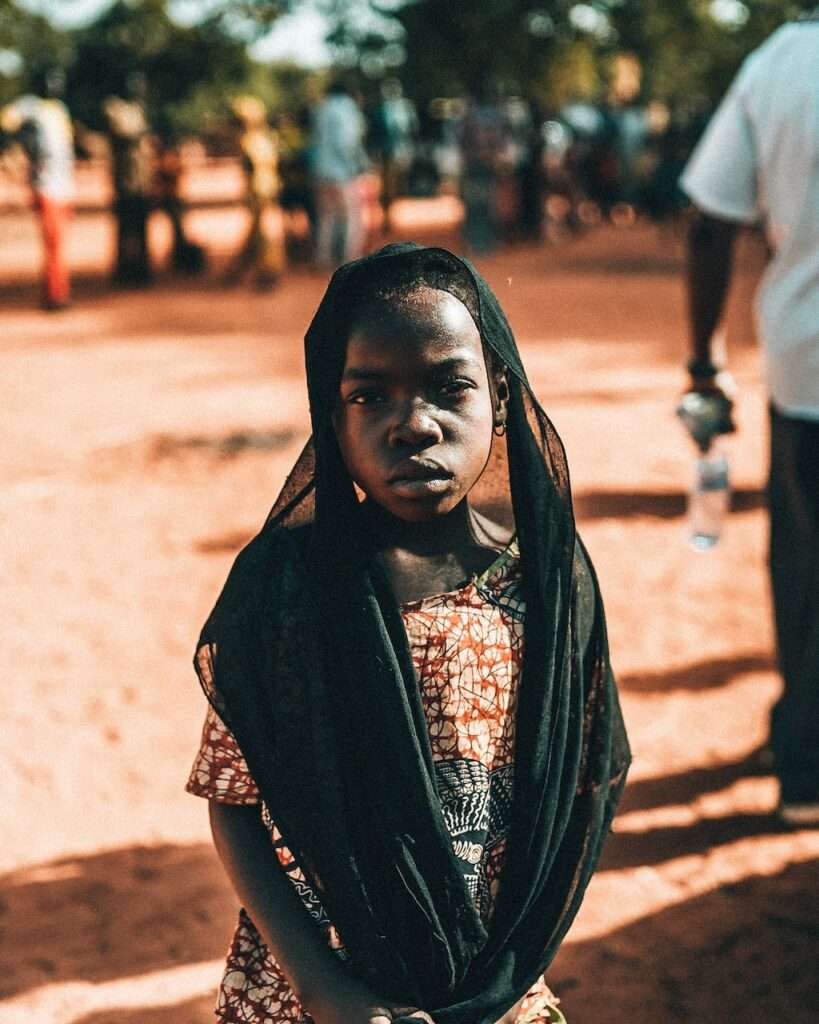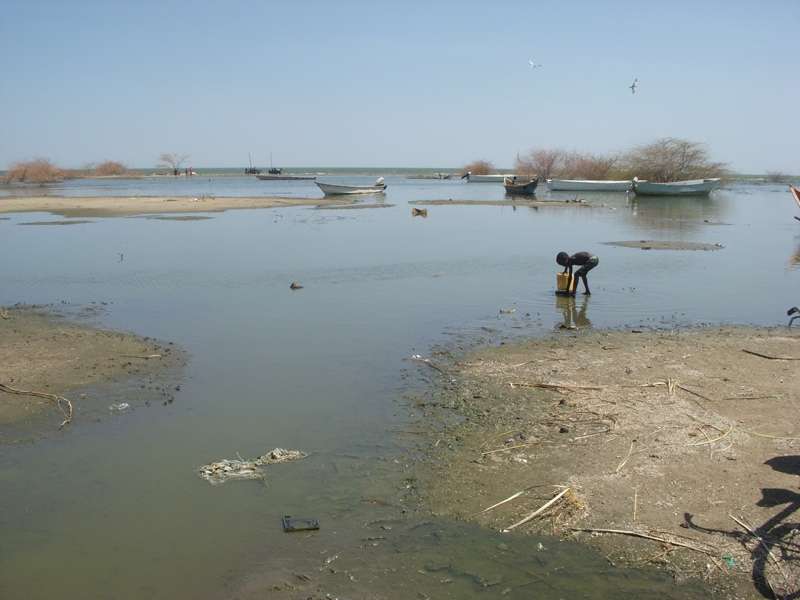LVMH, the world’s largest luxury group, has joined the Circular Bioeconomy Alliance, launched by King Charles in 2020.
As part of its ongoing commitment to biodiversity, LVMH will support the Circular Bioeconomy Alliance’s (CBA) regenerative agriculture project, Living Lab. A joint effort, the project is also in partnership with the International Rescue Committee (IRC), Reforest’Action, European Forest Institute and Pretaterra. The announcement was made at the COP27 climate summit happening now in Egypt.
The project is focused on regenerative agroforestry around Lake Chad, which has lost 90 percent of its volume due to cotton production over the last half-century.
Regenerative agriculture
Chief among the efforts will be a roundtable on regenerative agriculture in partnership with One Planet Business for Biodiversity (OP2B) and Genesis, a soil health and impact firm. LVMH will participate in a global strategy focused on how brands can bring accountability and sustainable agriculture practices to their supply chains. Brands including Kering, L’Oreal, and Unilever have already begun working with OP2B on efforts.

The Living Lab project will also focus efforts on the local community, building nurseries, and planting trees. It will also support irrigation efforts and work with farmers to bring technology to their operations.
“This is a very special project for the CBA as we demonstrate how the need to decarbonise economic sectors like the fashion industry can act as a catalyst to restore degraded landscapes—turning them into regenerative ones while providing jobs, prosperity, and hope to Africa,” said Circular Bioeconomy Alliance Chair Marc Palahí. “The climate-poverty-land degradation crisis affecting Africa requires holistic approaches, connecting regenerative landscapes to sustainable markets.”
Increasing biodiversity, income, and soil fertility
The CBA says the introduction of diverse trees into cotton farms promotes soil fertility and water retention while also increasing biodiversity, and boosting income for local farmers. The group cites mango trees that provide food for the farmers and offer a secondary income source at local markets. Some of the trees work to fix nitrogen, which helps fertilize soil. Trees also provide shade and forest cover, reducing evaporation and water requirements.

“Through its LIFE 360 environmental strategy, LVMH has committed to making the protection of biodiversity and fighting climate change an absolute priority, and to being an exemplary actor of change. LVMH has set the target to implement regenerative agriculture in all strategic supply chains and to preserve 5 million of hectares by 2030. Already supporting regenerative cotton production in Turkey, LVMH is proud to support its new project in Chad to preserve local biodiversity, fight climate change and desertification,” Hélène Valade, LVMH Environmental Development Director, said in a statement.
“These new practices have the ability to reverse biodiversity loss and to save water,” Valade told WWD. “The overall goal should be to move from intensive monoculture to extensive multi-cropping. And in doing this, we improve the quality of the soil and therefore its capacity to store carbon.”
“It’s absolutely key to talk about this subject of biodiversity and to integrate these new parties and new practices into our supply chain,” Valade said.

“This year, COP takes place in a very tense geopolitical context. That is why it’s very important that companies show they are mobilized on the climate issue,” she said.
LVMH’s sustainability efforts
The announcement comes a year after LVMH’s Moët Hennessy division announced a €20 million research and development center to direct its wine and spirits brands toward more sustainable growing and production methods. The spirits industry is already facing challenges due to climate change. France, the world’s leading wine producer, is exploring new grape varietals and aiming to reach 100 percent compliance from its growers and producers on a range of sustainability metrics.
In March, the Hennessy label announced the Forest Destination regeneration program—a commitment to regenerate 50,000 hectares of forest by 2030. Last year, Hennessy planted more than 2.2 million trees.
LVMH has made other efforts across its labels to bring sustainability metrics into focus; the Louis Vuitton label saw the introduction of a logo designed by its late director Virgil Abloh to denote its use of eco-friendly materials and practices.
The luxury group is also working to develop lab-grown fur; LVMH is one of the last remaining luxury brands without an anti-fur stance. It partnered with Imperial College London and Central Saint Martins University of the Arts on the project.
“It’s important to share our best practices but also our difficulties. Because to be honest it is difficult to change habits and to change processes,” Valade said. “There is a gap between changing opinions and changing behaviors because behind behaviors, there are processes. Our biggest challenge is to change habits.”


